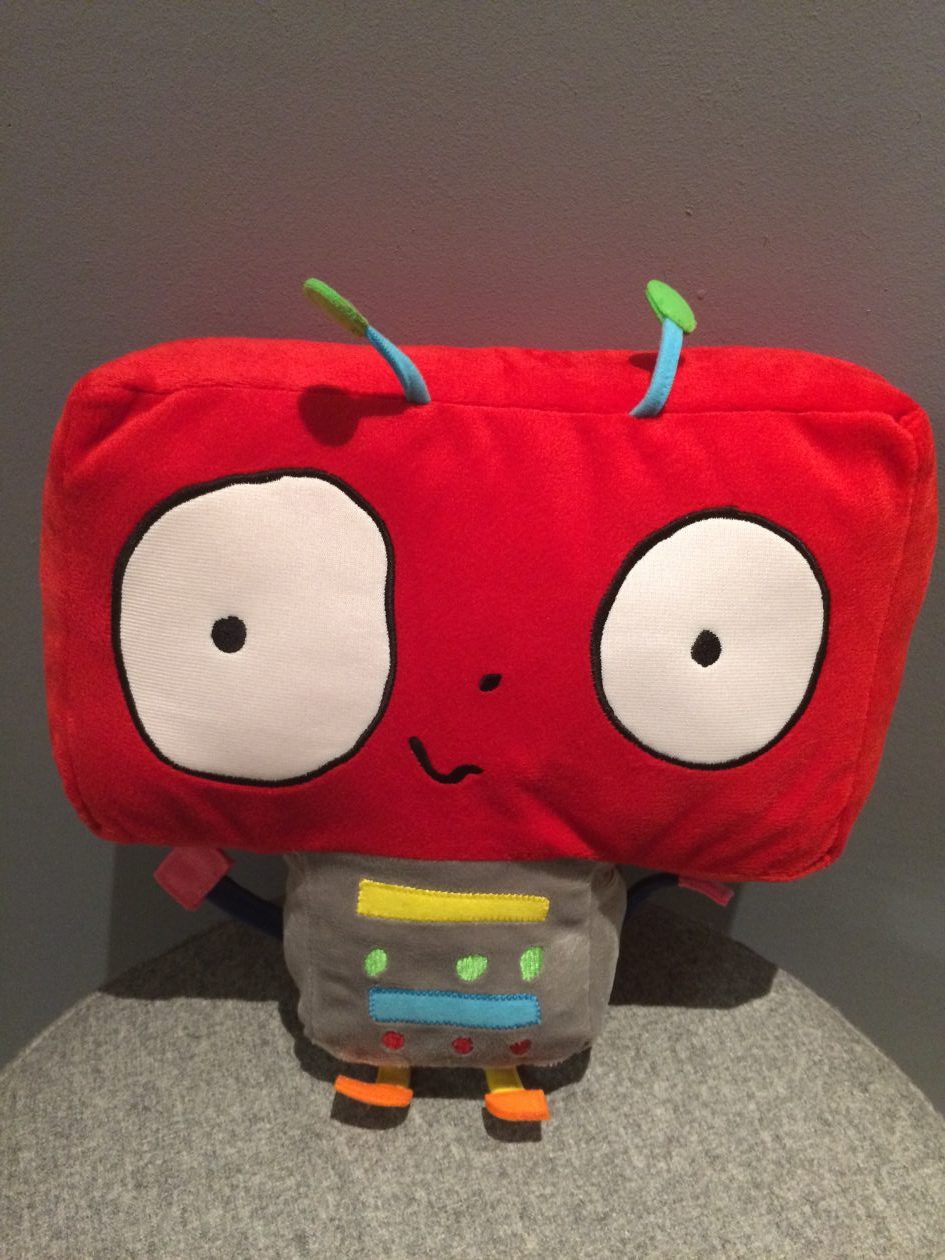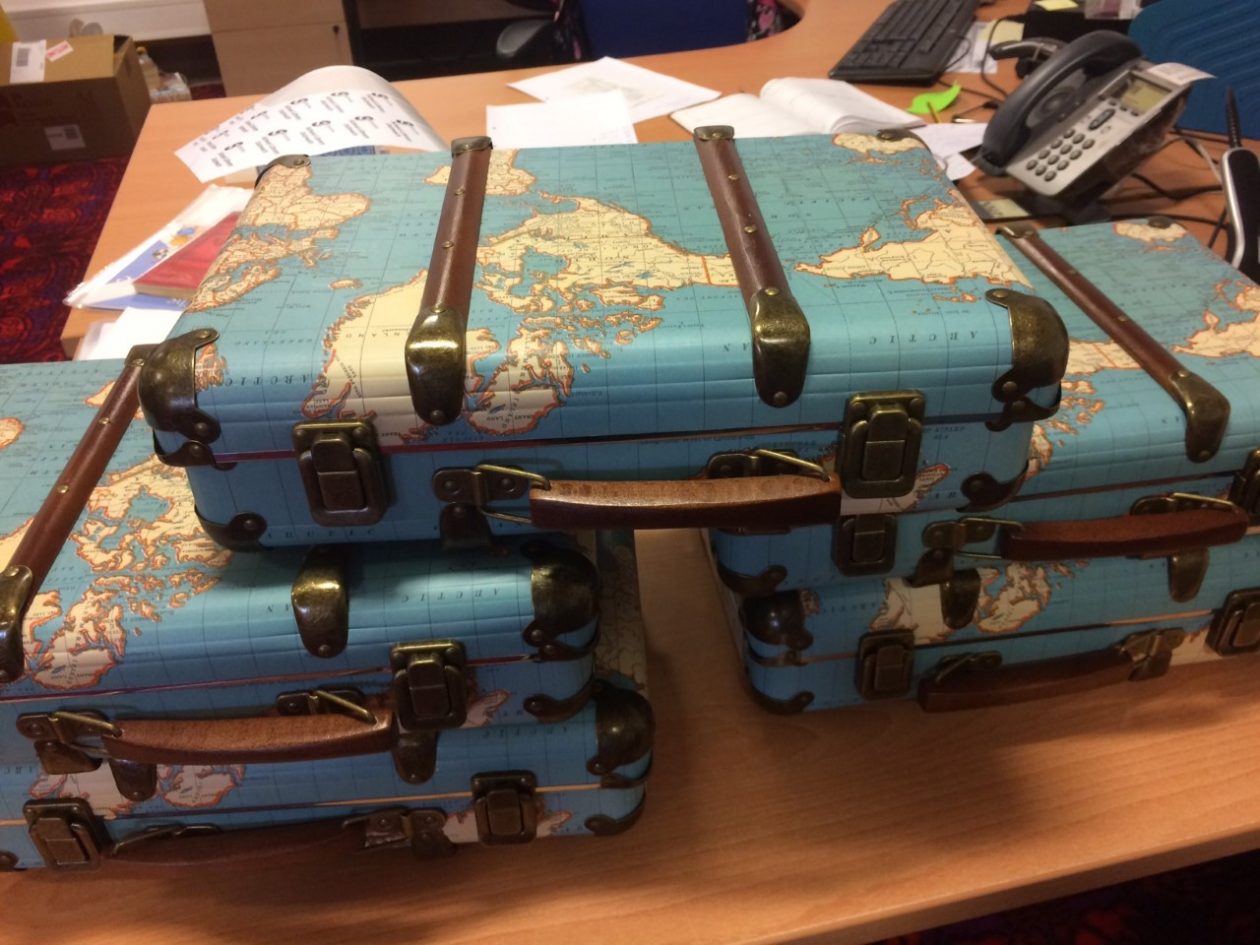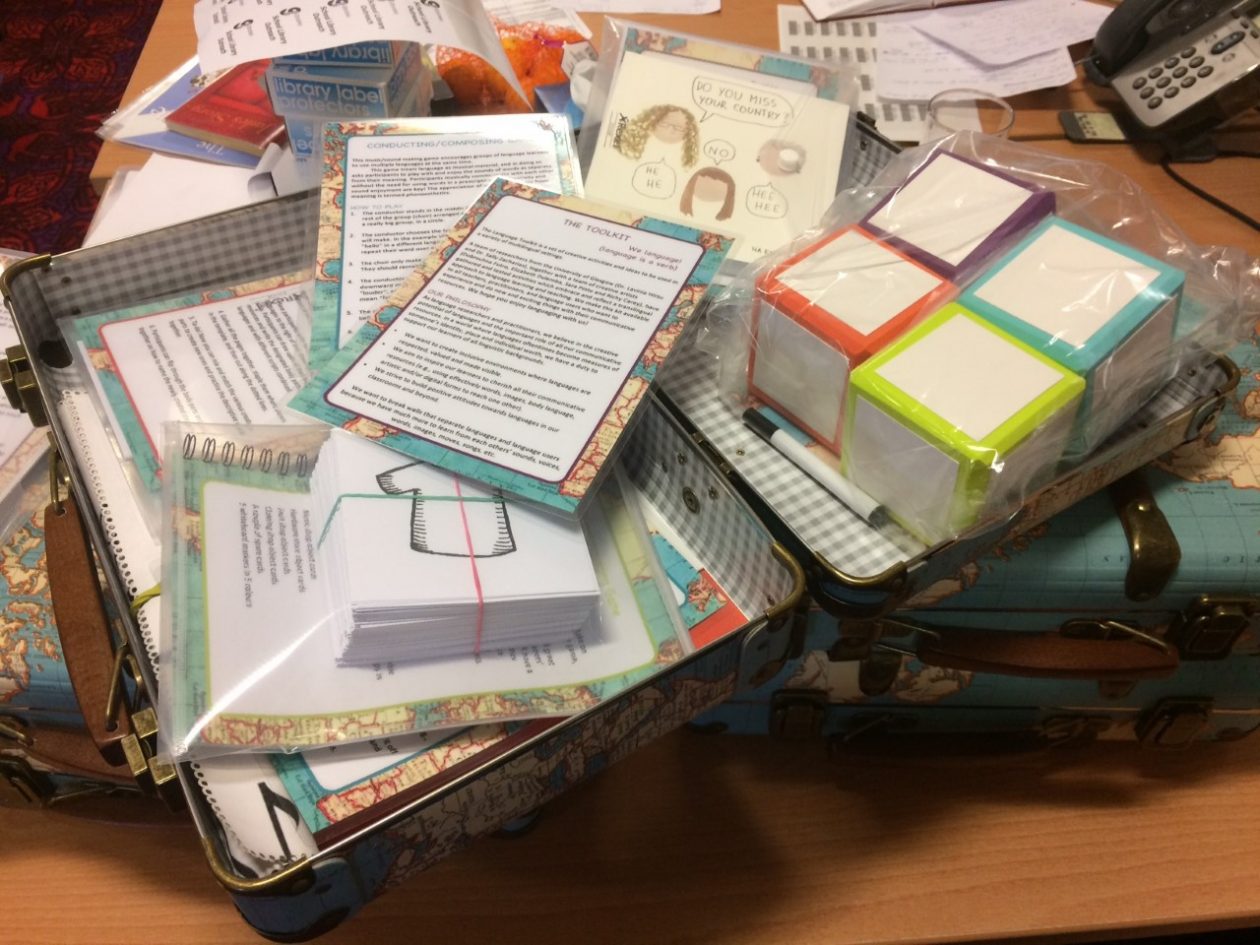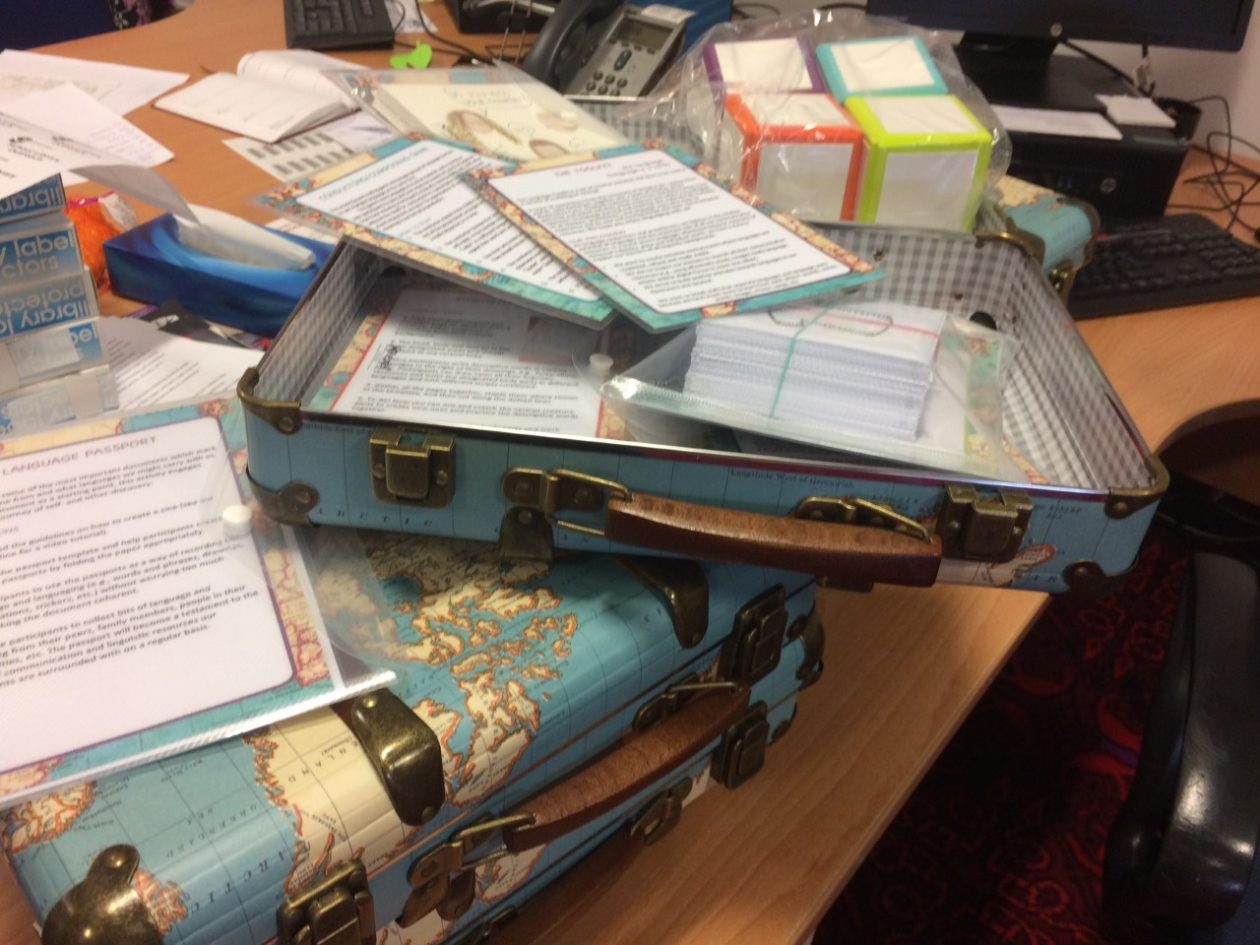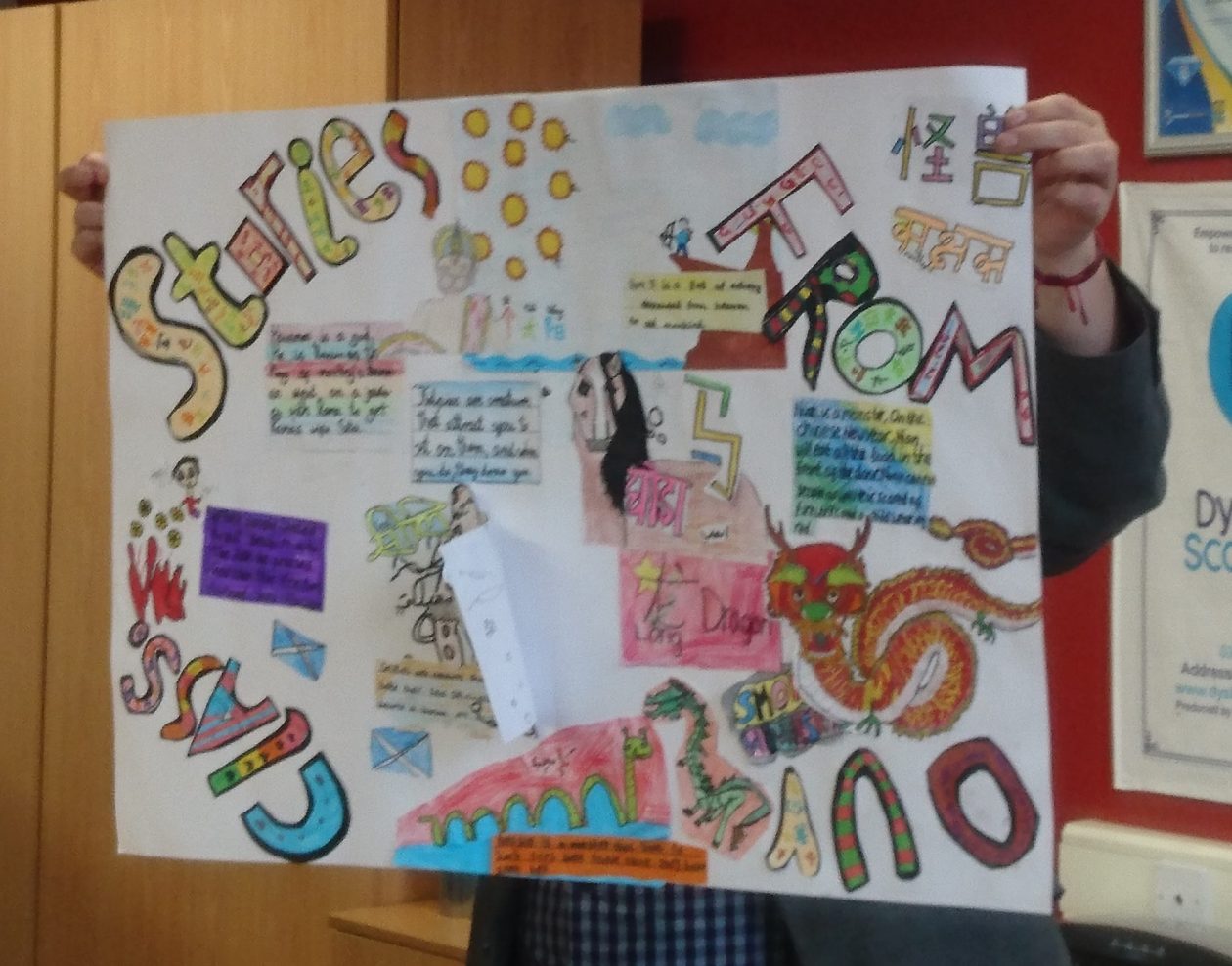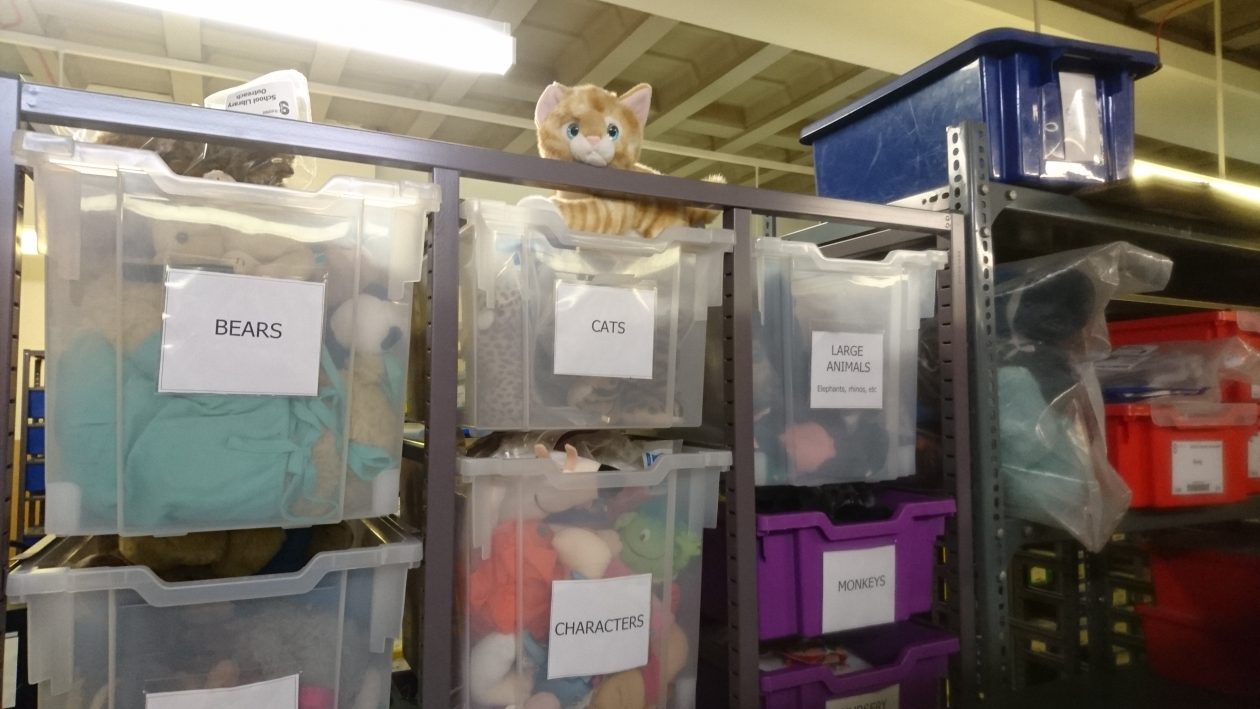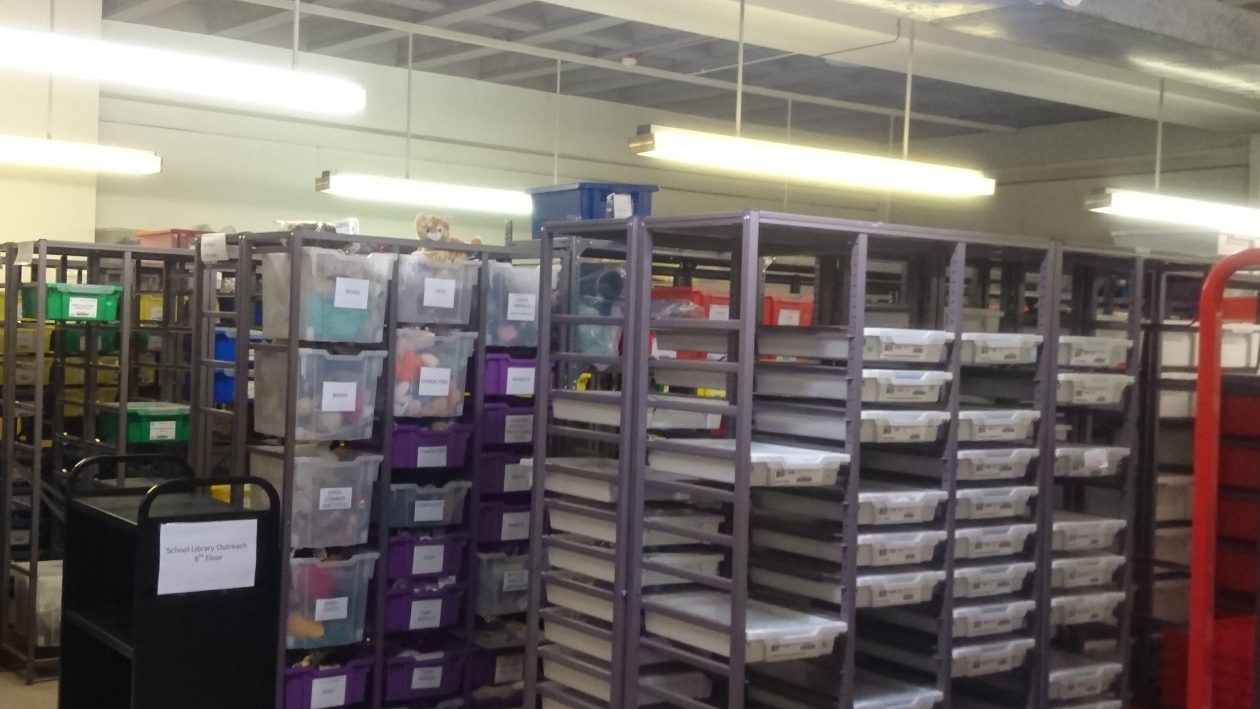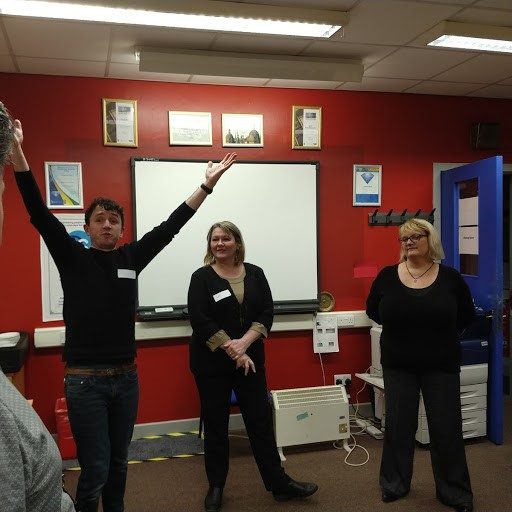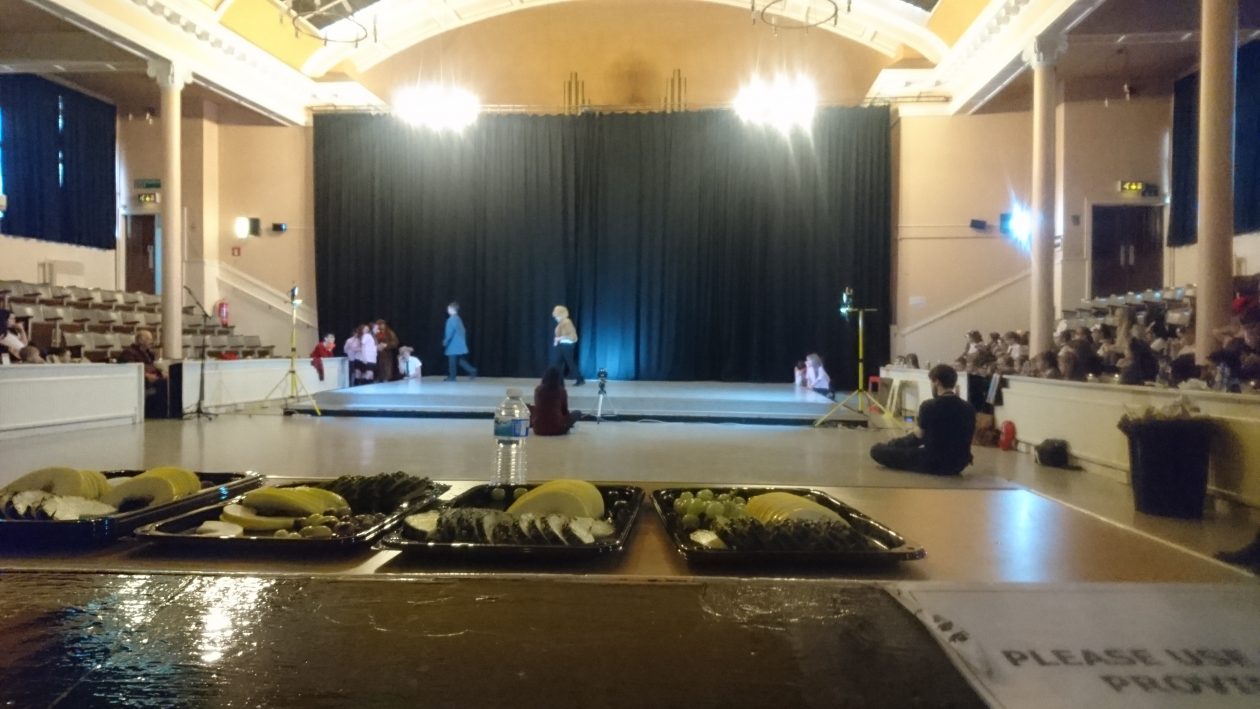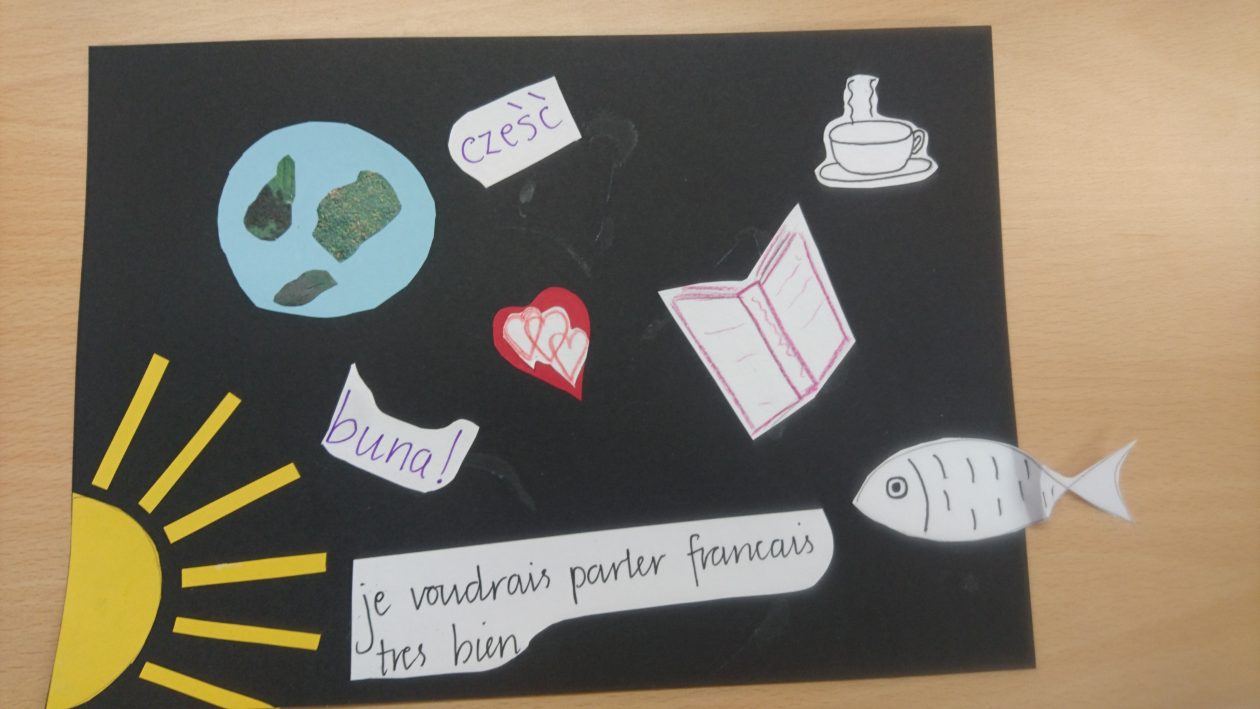Translanguaging involves using several different languages in order to better understand language-related concepts for improved communication, involving: speaking, reading, writing and listening.
This translanguaging project revolves around pupils’ active use of many different media/ languages to construct their understanding and daily learning.
The pupils in this project were in Secondary 1 and were mostly new to English; and were also recent arrivals. I also kept in mind some of the pupils’ prior limited educational experience.
To introduce creative writing to the children, I had them explore common children’s poems / nursery rhymes in their first language, e.g. Romanian, Slovak, Urdu and Arabic. Reading through them gave the students ideas about the constructions of a poem and the language/ vocabulary used. They also shared their poems with the class by translating for their fellow classmates. Whilst translating, when they came across words they did not know in English, they were prompted by peers with a closely related language as to what exactly they wanted to say. Since the Romanian and Slovak languages have commonalities and have some similar vocabulary, it was possible for speakers of different languages to interact with each other and provide input as to what the other speaker meant to say.
Once they understood the concept and what was being asked of them, themes were talked of, brainstorming ideas such as: family, friends, love, school, life in general, and nature etc. A couple of brief examples were given.
Once their poems were completed in their first language, they were given opportunities to read out in class for the rest of the pupils, which allowed them to ‘fine-tune’ any changes through queries from peers; and this was the intended outcome. This exercise was also designed to build their confidence for recording as part of gathering evidence of the project.
However, once their poems were completed in their first language, the next challenge was getting these translated. The poems could have been translated by the schools interpreters, but this was avoided in order to leave the credit to the pupils. However, help from the interpreters was sought for single words and the interpreters performed a quick read of the poems to make sure that they were mostly legible.
The following stage was the recording, which at the beginning of the project was rejected by the pupils. However, after some discussion they agreed to use a puppet to support them whilst reading out their poems. For the recording the pupils were fully involved. The ‘Green Screen’ app was used. Pupils chose their favourite backgrounds which were used as their backdrops. They also recorded each other’s reading using an ipad.
The grammar in their poems, either in English or in their first language, is not always ‘correct’. However, to maintain authenticity and to keep as true as possible to their work and resources, it was decided not to correct the grammar too heavily.
The project boosted the pupils’ confidence, and maximised language learning opportunities from their peers and their families.

